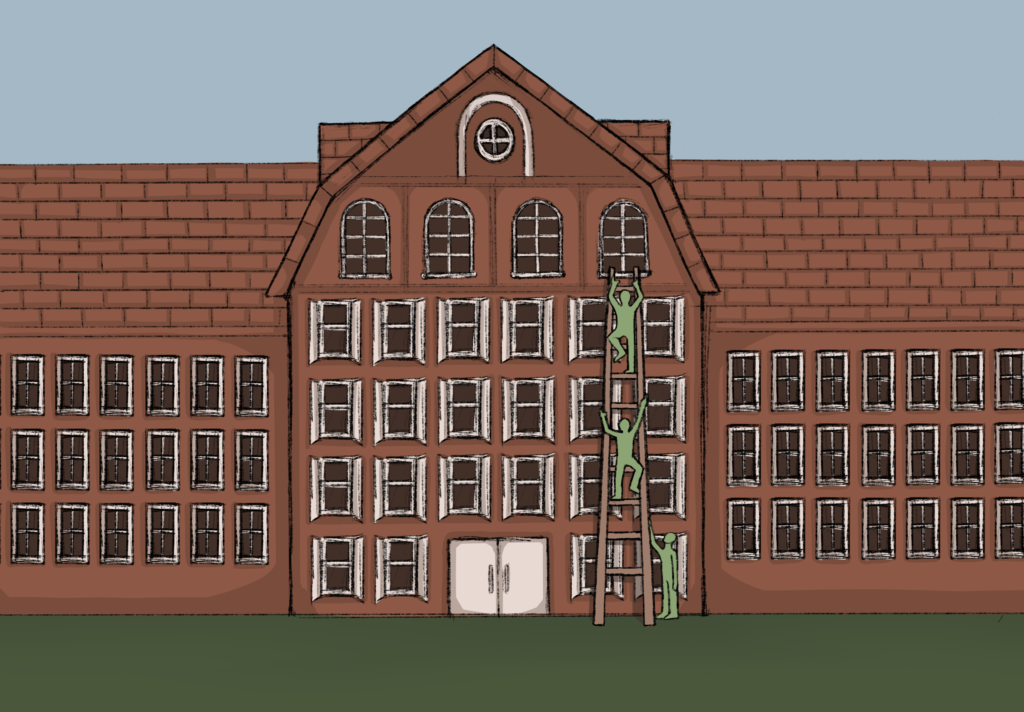Sustainability has started to become a buzzword, and its meaning has been primarily lost in confusing corporate language. What does this often overused and misconstrued word mean?
I understand sustainability to be a mindset and a set of behaviors that lead to the long term health of the planet and its inhabitants. This is intentionally broad as to allow for a variety of thoughts and actions to be included. My earlier definition of sustainability makes it easy to distance oneself from its goals.
No one should distance themselves from working toward long term sustainability because sustainability affects us all — if not now, then later. Even “later” is getting increasingly closer to “now,” as the effects of our ancestors, in addition to our own, actions are catching up to us. I believe sustainability to be something that everyone should incorporate in their life because a healthy environment is essential to the longevity and health of the human race.
How would someone practice sustainable and conscious living at Choate? Let’s start with what I believe to be the most achievable method: reducing consumption. Whether it be through buying less new clothing or not buying things that come in plastic or other disposable materials like potato chips, water, or soda at the school store, everyone can do something to reduce their consumption habits.
If you do purchase these things, first, recycle or dispose of them properly and then educate yourself about what you’re purchasing and how it gets, or doesn’t, get disposed of. Does my soda bottle actually get recycled? Who will be affected by the disposal of my old appliances? Educate yourself and others about the implications of these actions that we, the majority of those living in “throw-away societies,” have consistently disregarded.
Next, consider what you are eating. Do I know if my food has been responsibly grown, harvested, and/or sourced? This includes growth practices as well as the treatment of the workers growing the food. If you feel as though you do not have access to this information, or any information that allows you to be a conscious and thoughtful citizen, take the steps to ask the administration to support you in striving for the level of awareness that you desire.
Lastly, be conscious of and educate yourself about how many and which resources you consume. The immediate environmental effects of these choices are not so evident at Choate, but they affect every member of this community. The cost of our choices have repercussions that are greater than us here. The extraction and processing of resources to provide us with the energy that it takes to heat the water in the dorm or to run the lights when we are not in the room can cause severe domestic conflict — conflict that could spill out onto the world stage and create other problems that could negatively impact the comfortable lives that so many of us live.
These problems can seem far off, but our current actions have the real capability to affect something far greater than us. The community holds the power in this situation. If we ask the administration to make the changes that we so firmly believe in, we will be able to lead the sustainable lifestyles that we strive for.
These are only a few of many things that we can do to become more conscious citizens and stewards of the environment. Don’t worry if you don’t think you can do this all at once; start with step one and work your way up. The future of our world is in our hands, and we have the power to make it a world that nurtures and supports human and environmental longevity. What will you do to make a difference?




